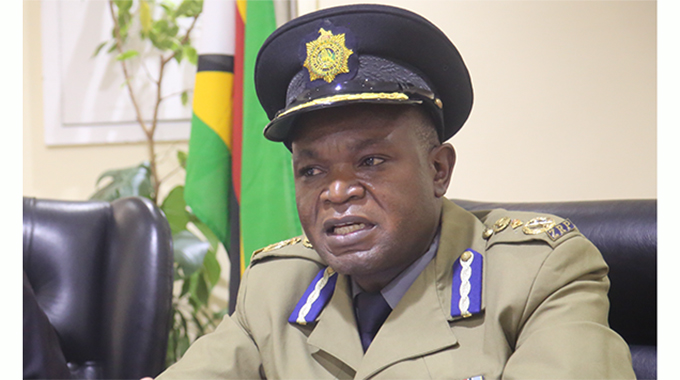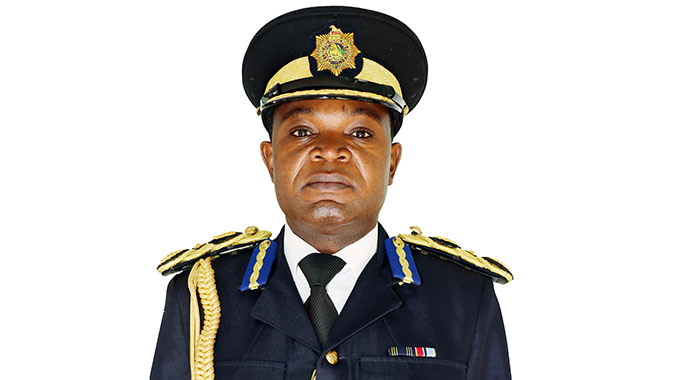Death row inmate Jindu loses appeal

Mashudu Netsianda, Senior Court Reporter
THE Supreme Court has dismissed an appeal against the death sentence by Bulawayo “killer” Rodney Tongai Jindu who is on death row for the callous murder of his two friends in 2017.
Jindu (27) of Glengarry suburb was in August 2018 convicted of murder with actual intent by Bulawayo High Court Judge Justice Nokuthula Moyo in connection with the deaths of Mboneli Joko Ncube and his childhood friend Cyprian Kudzurunga.
He shot dead Kudzurunga of Queens Park East on January 29, 2017, buried him in a shallow grave in Burnside suburb and sent a message to the deceased’s mother pretending to be her son who had suddenly decided to leave the country.
He also shot Ncube and dismembered his body and set body parts on fire before burying them in four shallow graves in Burnside.
Deputy Chief Justice Elizabeth Gwaunza sitting with Justices Nicholas Mathonsi and Alfas Chitakunye during a Supreme Court circuit in Bulawayo upheld the ruling by the lower court.
DCJ Gwaunza said the reasons for the dismissal of the appeal will be included in the full written judgment once it is ready.
“The appeal against both conviction and sentence be and is hereby dismissed in its entirety. The reasons will follow,” she ruled.
Jindu filed his application through his lawyer Mr Dixon Abraham of Tanaka Law Chamber, citing the State as a respondent.
He wanted the judgment and sentence of the High Court to be set aside and substituted with an acquittal.
In his grounds of appeal, Jindu argued that the lower court erred and misdirected itself by convicting him on two counts of murder when there was evidence that he was mentally incapacitated.
“There was cogent evidence that appellant was mentally incapacitated to appreciate the implications of his actions at the material time of committing the offence. Wherefore, appellants prays that the appeal be and is hereby allowed,” said Mr Abraham.
The State, which was represented by Chief Public Prosecutor Mrs Tariro Rosa Takuva opposed the application, arguing that Jindu failed to lay a foundation upon which a defence of mental incapacity could succeed.
“Section 275 of the Criminal Law Codification and Reform Act proves that a verdict that a person was mentally disordered will not be returned if the person’s mind was only temporarily discovered or disabled by the effects of alcohol or drugs. It is therefore, submitted that the court a quo did not err in finding the appellant guilty of murder committed in aggravating circumstances,” she argued.
Mrs Takuva said Jindu never at any point during investigations raise his mental incapacity as an issue.
“The appellant only raised the issue of Lucifer being his mentor while giving his evidence. There is no cogent evidence that appellant suffered from any mental incapacity,” she said.
The court had previously heard that Jindu was mentally ill but following a medical examination, he was declared fit to stand trial.
During trial, Jindu told the court that he was sent by the devil to kill two of his victims and threatened to unleash the evil spirit on prosecutors.
He said when he committed the two murders, he was under the influence of heroin and methamphetamine (crystal meth) which created an urge for him to kill.
Jindu also confessed that he ate the pair’s raw livers and cooked brains.
He was arrested on February 3, 2017.
According to court papers, it was stated that on January 12, 2017, Jindu drove to a supermarket situated at corner Robert Mugabe Way and 11th Avenue and met Ncube.
They proceeded to Burnside suburb, but the reason for the trip was not mentioned in court papers.
On arrival in Burnside, Jindu pulled out an Optima pistol serial number 13752 from his car and shot Ncube twice in the chest and he died on the spot.
He then chopped the body into pieces, set them on fire before burying them in four different shallow graves. Police investigations led to the arrest of Jindu and he confessed to the killing.
He made indications which led to the recovery of the body parts at four different sites where they were buried. The firearm used in committing the offence was recovered.
On the second charge, he shot Ncube, dismembered his body and set the pieces on fire before burying them in four shallow graves. — @mashnets.












Comments